
A Tale of Two Cities by Gary Barg caregiver.com
Yesterday marked our fourth annual Miami Fearless Caregiver Conference (and 93rd event to date). It was a sunny, beautiful day with a packed house of family caregivers. As I told the assemblage at the beginning of the day, to celebrate, we arranged for the television show “Burn Notice” to shoot in the parking lot. (It was just a coincidence, but hey, I would have arranged such a thing if I could have.) Earlier this month, we hosted the second annual Nashville Fearless Caregiver Conference (keeping with the celebrity theme, we were honored to be joined by MS advocate, multi-platinum recording artist, and really nice guy Clay Walker). Represented on the Question and Answer panels at both events were experts including: physicians, pharmacists, Social Security, hospice and our partners at the local Alliance for Aging and Area Agency on Aging organizations.
One other coincidence during these events is that the most astonishing questions came from two young people with the same comment, “Well, I know that my parent should stop driving, but...” Their stories were equally jaw-dropping. From the young man in Nashville whose mother is living with mid-stage Alzheimer’s disease to the young lady in Miami whose dad can’t hold a jar, let alone drive, due to the effects of Parkinson’s disease, their remarks were show-stoppers at both events.
I was overwhelmed by the wide range of observations, concerns and suggestions from their fellow caregivers—from hide the keys to immediately calling the Department of Transportation. But the Legal Aid attorney who joined us in Nashville distilled the take-home lesson in only a few words when the young man asked if he or his family could be at risk if his mom hurt anyone by remaining behind the wheel. She said, “I know a dozen attorneys who would be chomping at the bit to take the case against you!” Case closed.



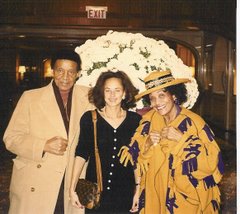
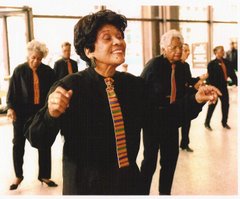
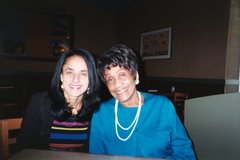
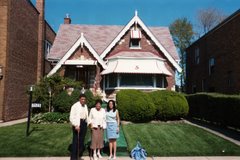
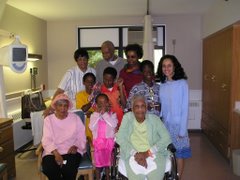

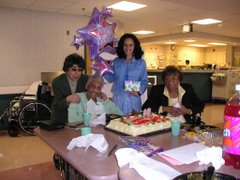
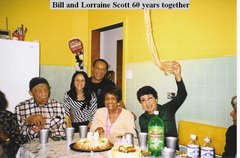
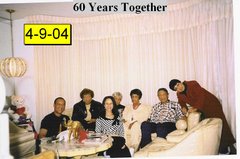
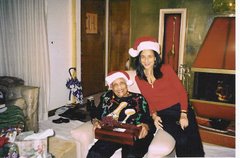
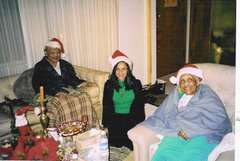
.jpg)